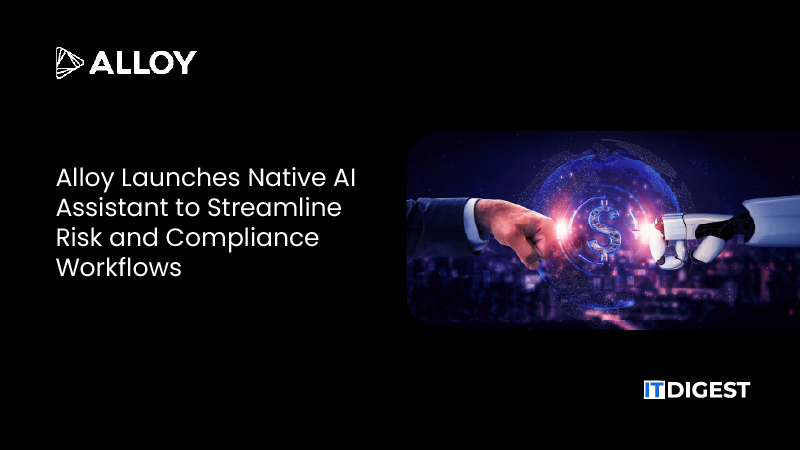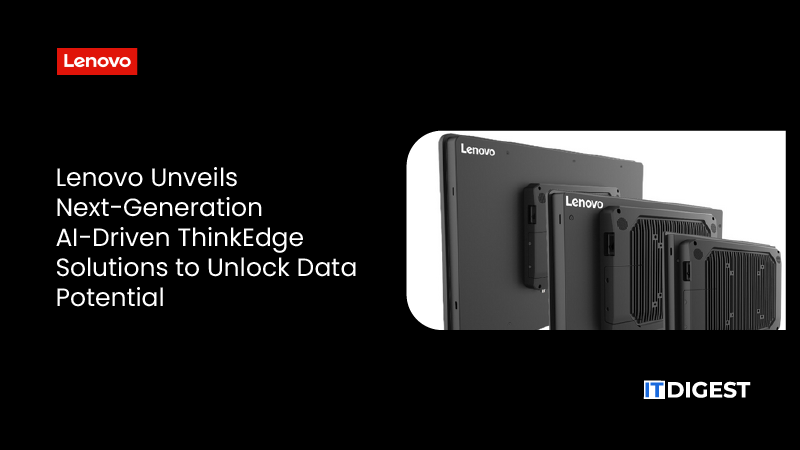Vulcan Cyber®, developers of the cyber risk management platform for infrastructure, application, and cloud security, announced the company has joined the Microsoft Intelligent Security Association (MISA), an ecosystem of independent software vendors and managed security service providers that have integrated their solutions to better defend against modern threats. The Vulcan Cyber platform now integrates with Microsoft Defender for Endpoint, bringing the advantages of the Vulcan Cyber risk management platform to a wider set of customers.
Microsoft Defender for Endpoint is an enterprise endpoint security platform designed to help enterprise networks prevent, detect, investigate, and respond to advanced threats, delivering preventative protection, post-breach detection, and automated investigation and response. MISA, a nomination-only association, offers resources for partners to enrich security products, execute go-to-market strategy, connect with customers, and more. The Vulcan Cyber MISA membership and integration with Microsoft Defender for Endpoint will allow customers to combine the robust Microsoft detection and remediation capabilities with the Vulcan Cyber risk management platform to deliver the capacity to measure, manage and mitigate cyber risk end-to-end.
Vulcan Cyber integrates with Microsoft Defender for Endpoint threat and vulnerability management and ingests vulnerability findings from the service to deliver a consolidated, automatically prioritized view into actual risk contextualized for each organization as well as remediation tools to fix vulnerabilities. With this data, the Vulcan Cyber risk management platform can coordinate actionable mitigation campaigns, alongside campaigns for any other IT, application, or cloud surface. Security teams can then more-effectively assess risk and prioritize vulnerabilities, automatically collaborate with any other department to create remediation campaigns by business-group risk, and deploy orchestration playbooks based on Microsoft Defender for Endpoint findings.
“Security teams today lack the ability to effectively analyze, prioritize and mitigate vulnerabilities to efficiently orchestrate the risk management lifecycle. We understand that risk management is a complex task that varies from business to business, department to department, surface to surface, and vulnerability to vulnerability,” said Yaniv Bar-Dayan, CEO of Vulcan Cyber. “The Vulcan Cyber integration with Microsoft Defender for Endpoint will help our customers prioritize cyber risk based on their organization’s unique circumstances, rather than some irrelevant technical severity score that has nothing to do with the cyber footprint of the business.”
Also Read: MetaBank Announces Name Change to Pathward
“The Microsoft Intelligent Security Association has grown into a vibrant ecosystem comprised of the most reliable and trusted security software vendors across the globe,” said Maria Thomson, Microsoft Intelligent Security Association Lead. “Our members, like Vulcan Cyber, share Microsoft’s commitment to collaboration within the cybersecurity community to improve our customers’ ability to predict, detect, and respond to security threats faster.”
Key benefits of the integration include:
Vulnerability and cyber risk consolidation to reduce the noise and accurately pinpoint and understand where you have actual risk;
Automated vulnerability and risk prioritization and scoring using accurate and contextual cyber insights from Microsoft Defender for Endpoint;
Better collaboration between departments to break down operating silos and reduce mean time to resolution via automated communication;
Comprehensive tracking and reporting for compliance, internal auditing, board reporting and other activities.
In addition to its integrations with security solutions like Microsoft Defender for Endpoint, the Vulcan Cyber risk management platform integrates with and orchestrates tools that security teams use for IT, cloud and application security including scanners, asset management, communication and collaboration, ITSM, patch and configuration management, and DevOps.
































